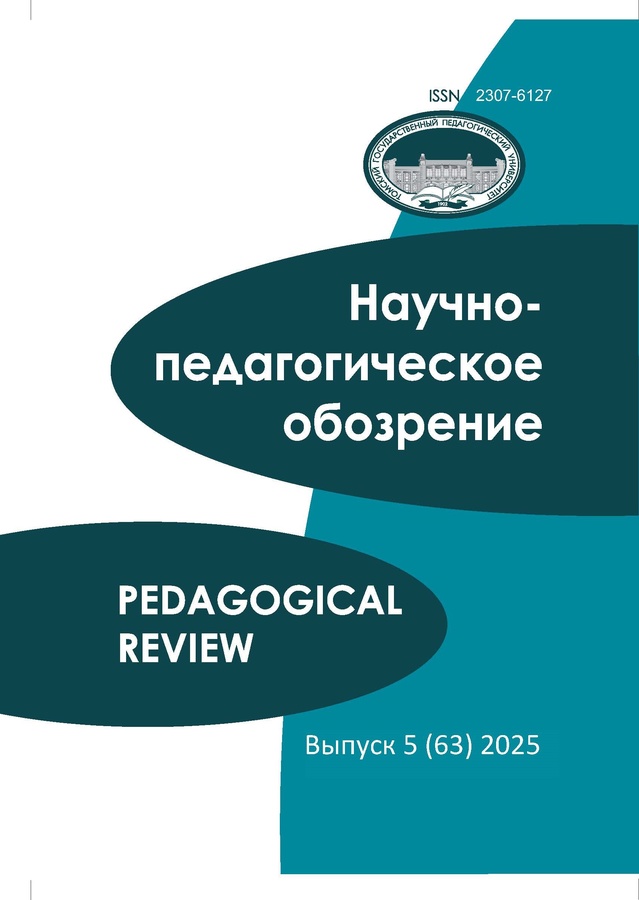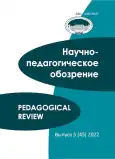В статье актуализируется проблема происходящих изменений в ценностных ориентациях молодежи в современном информационном обществе, что ставит задачу изучения данного процесса. В тексте определяется понимание сущности категории «ценность», раскрываются философские, социологические и психолого-педагогические подходы к ее определению. Особое внимание уделяется описанию традиционных ценностей, которые приобретают особую значимость в ситуации непостоянства, неопределенности, характерной для современного общества и всего мирового пространства, поскольку именно традиционная культура во многом поддерживает стабильность и порядок как основу функционирования любого общества. В статье приводится типология традиционных ценностей и раскрываются подходы к их содержанию. Дается характеристика новационным социальным ценностям, появившимся в связи с процессами цифровизации, протекающими в обществе, к которым относятся информация, знания, интеллектуальный капитал, виртуальная реальность. Раскрываются особенности интерференции (взаимодействия) традиционных и инновационных ценностей. Анализируются возможности использования интернет-технологий в целях установления диалогического взаимодействия ценностей, в то же время обращается внимание на необходимость реальной коммуникации субъектов жизнедеятельности, направленной на осмысление происходящих трансформационных процессов в сфере ценностных ориентаций. Ставится задача необходимости поиска механизма диалогического сосуществования двух систем ценностей, адекватного выбора присвоения личностью инновационных ценностей с учетом сохранения актуальных традиций и духовности. Решение данной задачи связывается, с одной стороны, с осмыслением традиционных ценностей, а с другой стороны, с развитием у подрастающего поколения критического мышления, обеспечивающего способность анализировать поступающую ценностно значимую информацию, осознавать, давать ей адекватную оценку, выносить обоснованные решения, на основе чего формировать нравственно оправданное отношение к тем или иным ценностям, актуальным современному обществу и отвечающим принципам общечеловеческой морали, и на их базе выстраивать свое поведение.
 9-19
9-19


 20-29
20-29


 30-38
30-38


 39-47
39-47


 48-56
48-56


 57-66
57-66


 67-77
67-77


 78-87
78-87


 88-97
88-97


 98-110
98-110


 111-119
111-119


 120-127
120-127


 128-135
128-135


 136-147
136-147


 148-157
148-157


 158-168
158-168


 169-179
169-179


 180-189
180-189


 190-201
190-201


 202-211
202-211


 212-223
212-223












